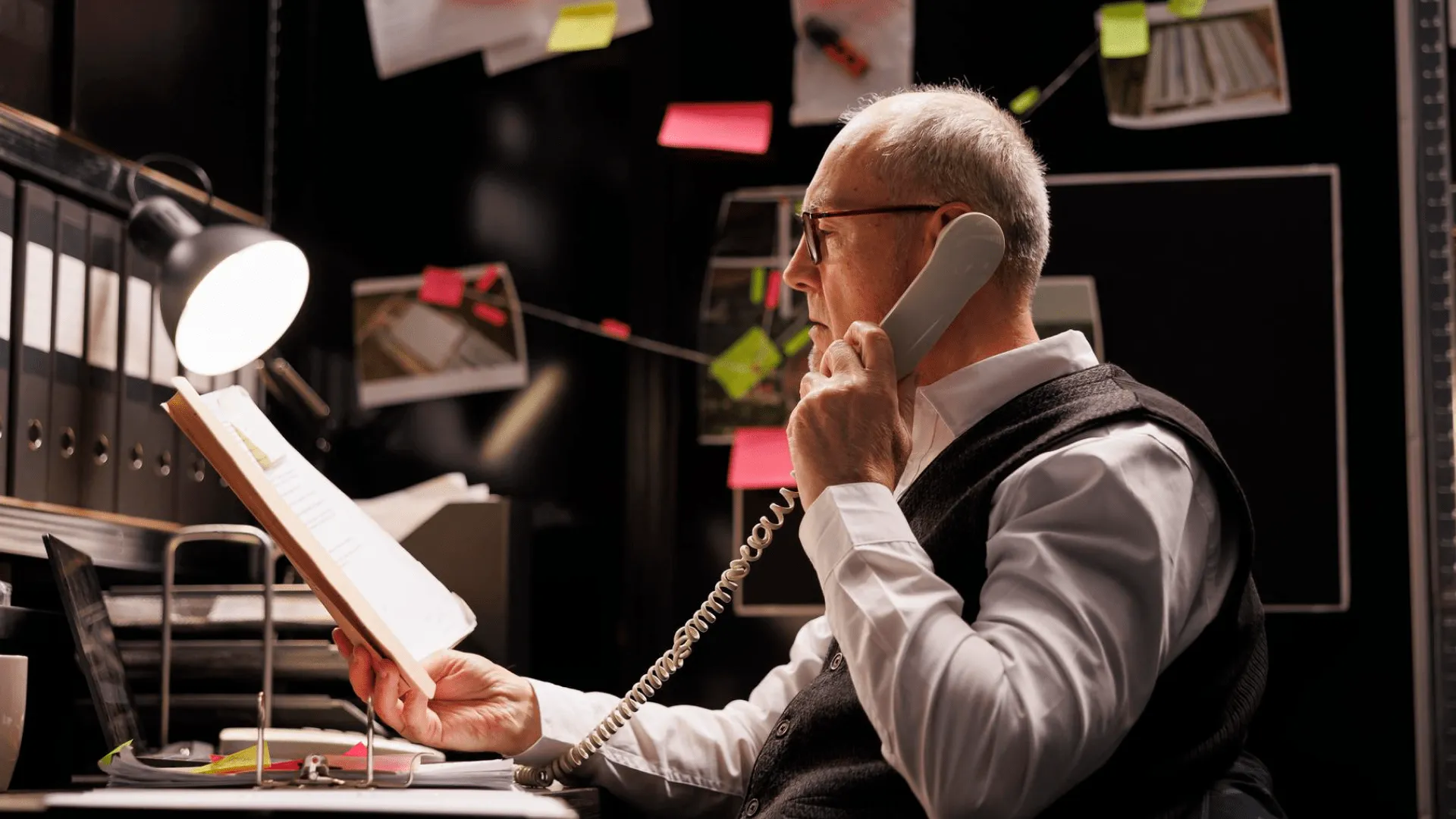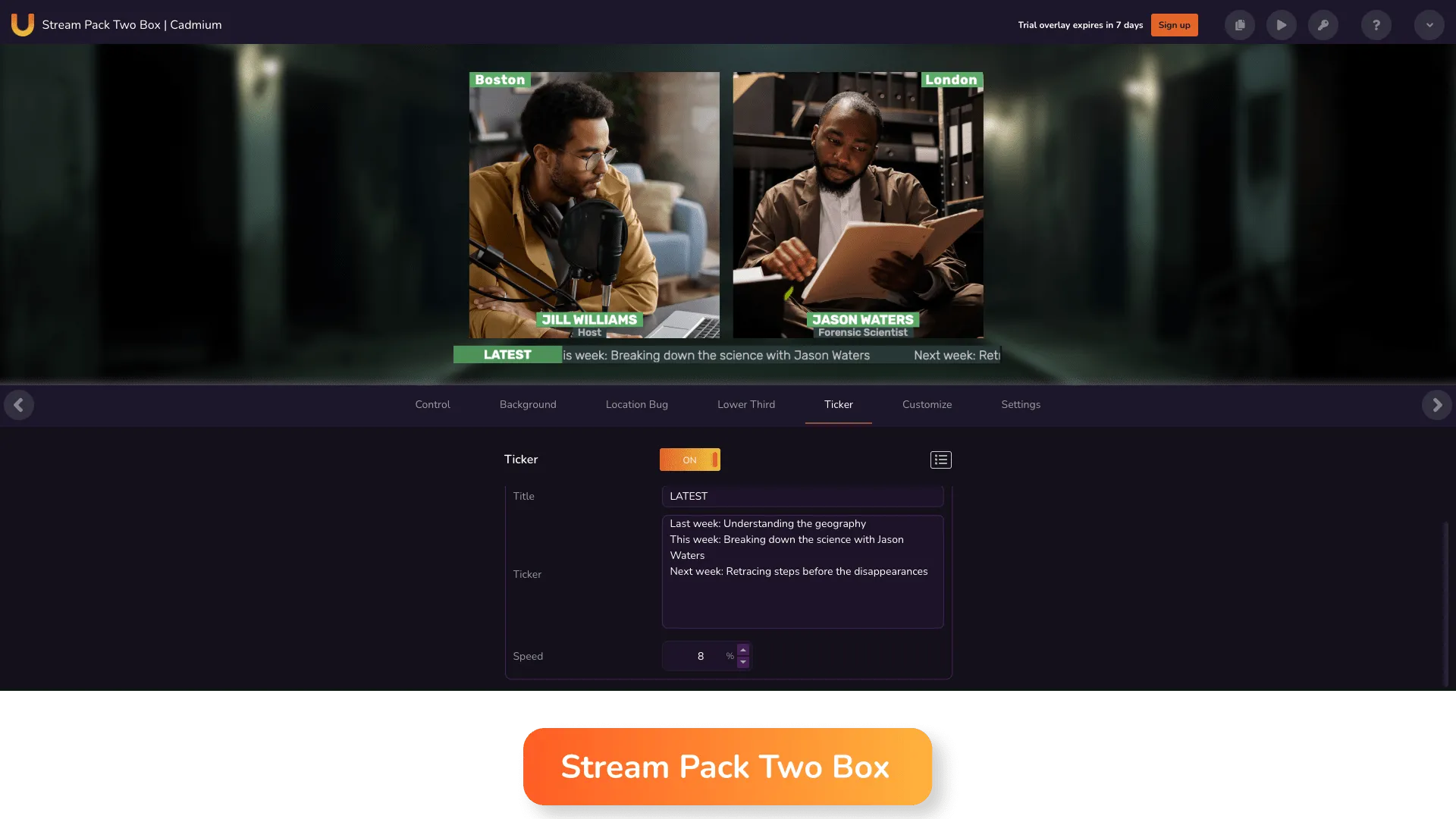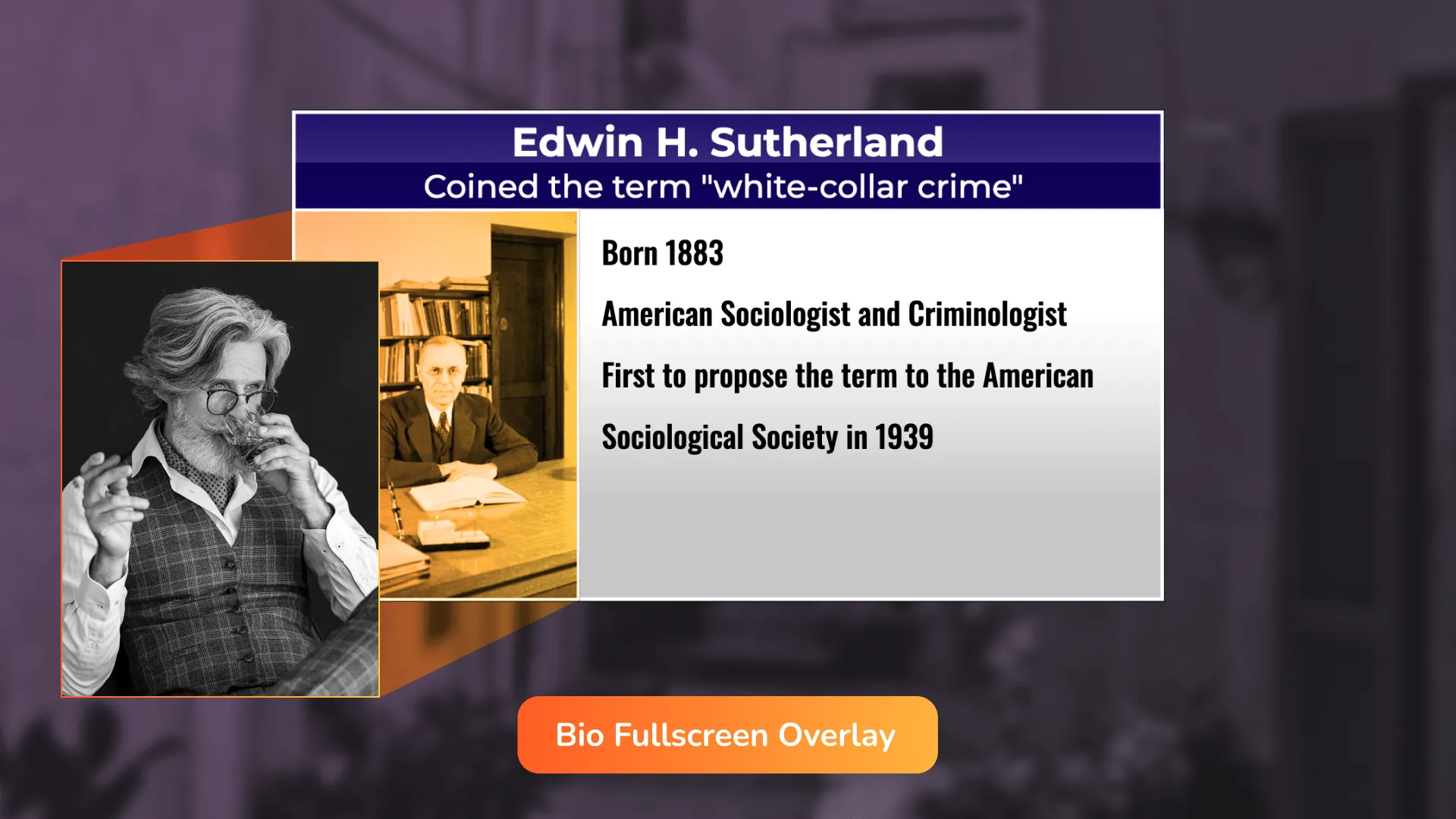Sign up for uno
Language
For small news agencies, investigative reporters, and the average person with limited resources, it can be hard to penetrate the podcasting world. A great way to reach a larger audience is to target one of the most popular genres of podcasts: true crime. Here’s our guide on how to start a true crime podcast.
A third of people who listen to podcasts say they’ve listened to a true crime podcast – and it’s understandable why. True crime podcasts amplify victims’ voices, encourage more sources to come forward, spread awareness of issues in the justice system, explore the complexities of the human psyche, and have even contributed to solving cold cases.
True crime podcasts drive powerful stories, while showcasing comprehensive research and investigation done by ordinary people. The format has even been picked up by household names like the New Yorker, PBS, and the Times.
So, where should you begin? Our guide on how to start a true crime podcast focuses on comprehensive research, adequate planning, and good organization and structuring.
The rule of thumb for picking a premise for your podcast is not to copy anyone else’s topic or content. Identify an area that seems plausible to you, or that you’re passionate about. Consider what you’re already an expert in, or can easily find connections and sources to talk to.
Fortunately, the true crime genre includes more than murder mysteries. Topics for true crime podcasts range from criminal biographies, hoaxes, cults, organized crime, and white collar crimes.
Successful true crime podcasts rely on comprehensive research and a compilation of several resources. Misinformation can significantly damage your reputation and impacts everyone involved.
Cite all your sources, whether they’re police reports, news articles, interviews, or court documents. Always get approvals before talking to people. Taking these precautions help victims feel empowered and heard, and can encourage others to come forward and volunteer information.

Being thorough with your research might extend your timeline. That’s why it’s important to be organized in every other aspect of your podcast, including preparing your equipment and podcast structure.
There are several options on the market for cameras and microphones that deliver good bang for your buck. Most beginner microphones are good enough to start with, and you can easily set up pop filters to help limit distortion. Towels and pillows are surprisingly effective yet inexpensive solutions for sound dampening.
Choose a streaming software (OBS and vMix are free to use) to produce, broadcast, and record your live stream podcast. We recommend you also record your audio in a separate file that can be posted to podcast hosting platforms via an RSS Feed for maximum reach.
True crime podcasts rarely go as planned. Contacts might pull out at the last minute, things may get delayed, and the case may go in unexpected directions as new things come to light. Having a clear structure can help keep your podcast on track, while other things go awry.
All good true crime podcasts tell a story. However, the way that you tell it, and how detailed you script is depends on what story you’re telling. When deciding how to write a true crime podcast script, consider how you want to frame your narrative:
Even if you don’t read from a script, always be prepared with notes, questions, and bullet points. Plot your segments ahead of each episode so you can keep track.
Whether you’re live streaming or pre-recording, sticking to a schedule ensures consistency and predictability amidst the potential chaos. People are more likely to return to your podcast if they know when to expect the next episode. Advertise your schedule on social media and in your podcast description.
Adding a podcast overlay template adds significant production value and helps organize everything on your screen. You can combine any number of streaming overlay elements to create a podcast template.
Use title cards to briefly introduce your hosts, guests, and experts. Add an animated ticker overlay to remind your viewers of any key discoveries, insights, or dates. Thank sponsors of the show by displaying their logo in your banner or lower third space. A panel overlay can also be useful for listing talking points that you’ll cover in the podcast.
There are several ways to set up your first podcast overlay. You can create your own static overlay by using free design tools like Canva, or pay a freelance designer to create your own unique overlays. You can also choose from one of uno’s free, customizable live overlays.
Our Stream Pack Two Box neatly organizes two camera feeds, and includes titles, location bugs, and a ticker to display messages. Or, try out our Three Box version to include three podcast guests.

You can also use full-screen overlays like our Bio Fullscreen overlay to provide an introductory bio for experts, witnesses, or important figures.

You can also browse our library of live overlays to see more options that work best for your unique mood and tone. And, if you’re looking for advice on how to start a true crime podcast, use your first overlays, or stream your first podcast through OBS, join our community on the uno Discord.